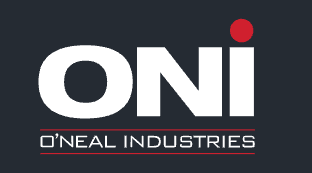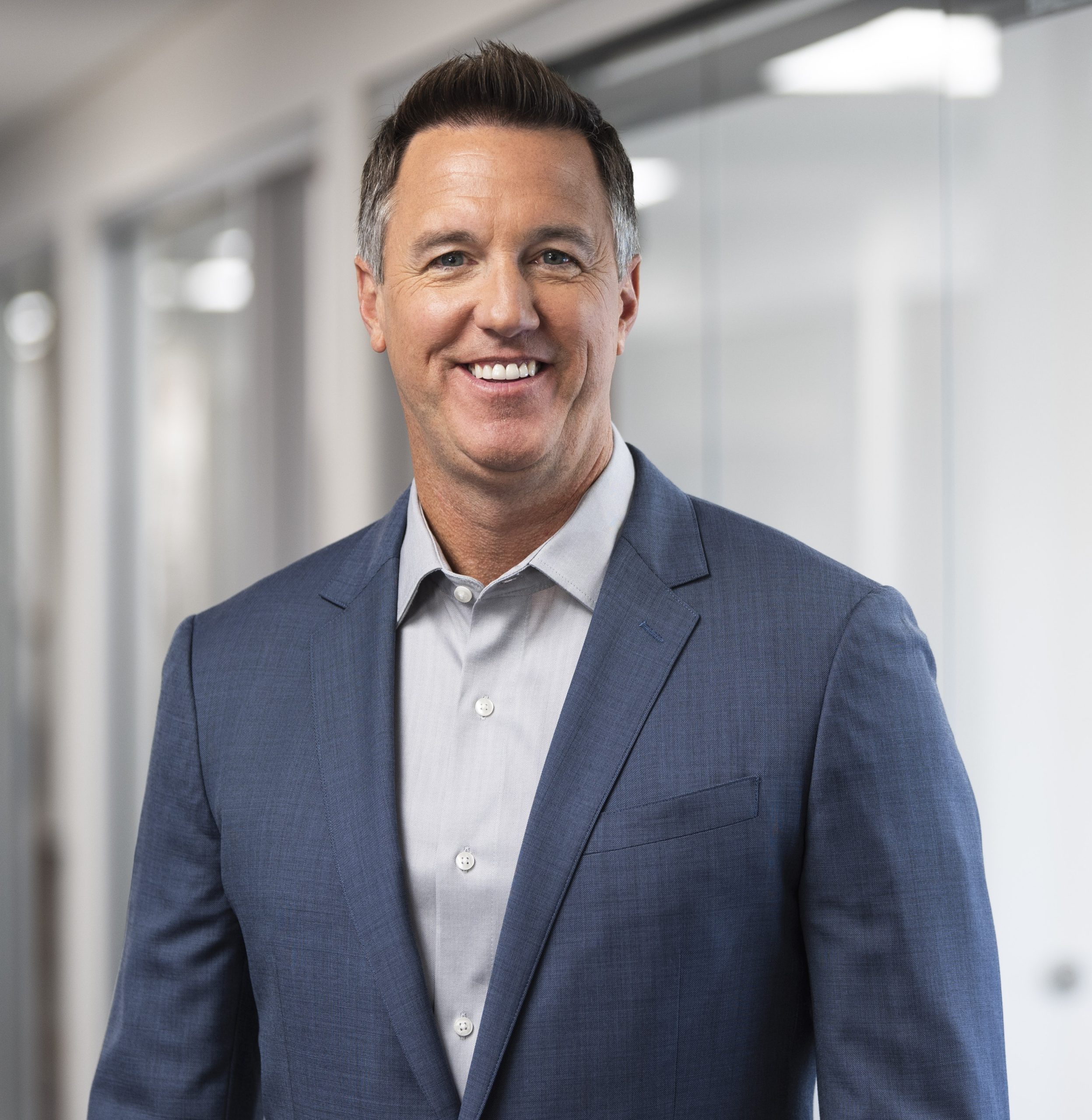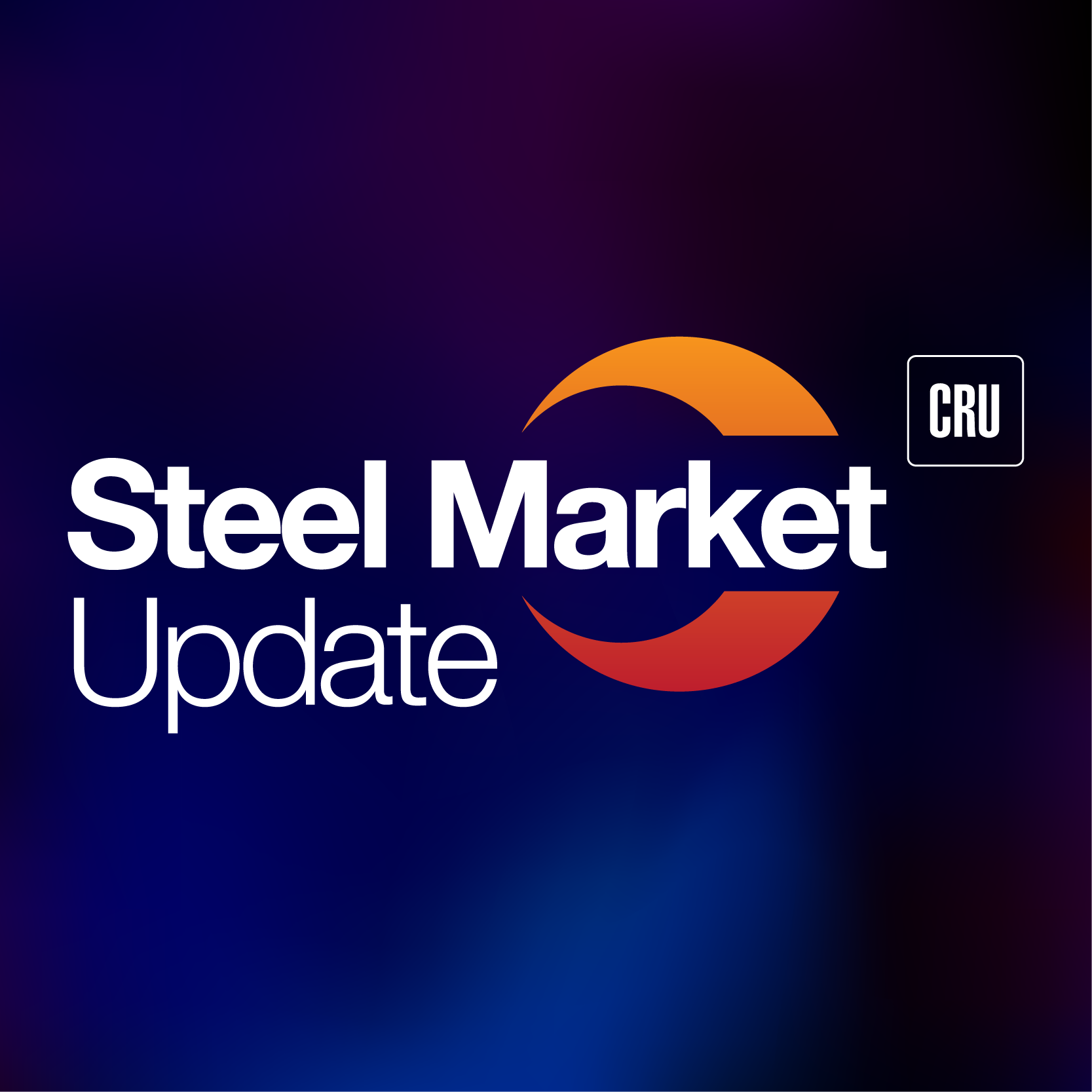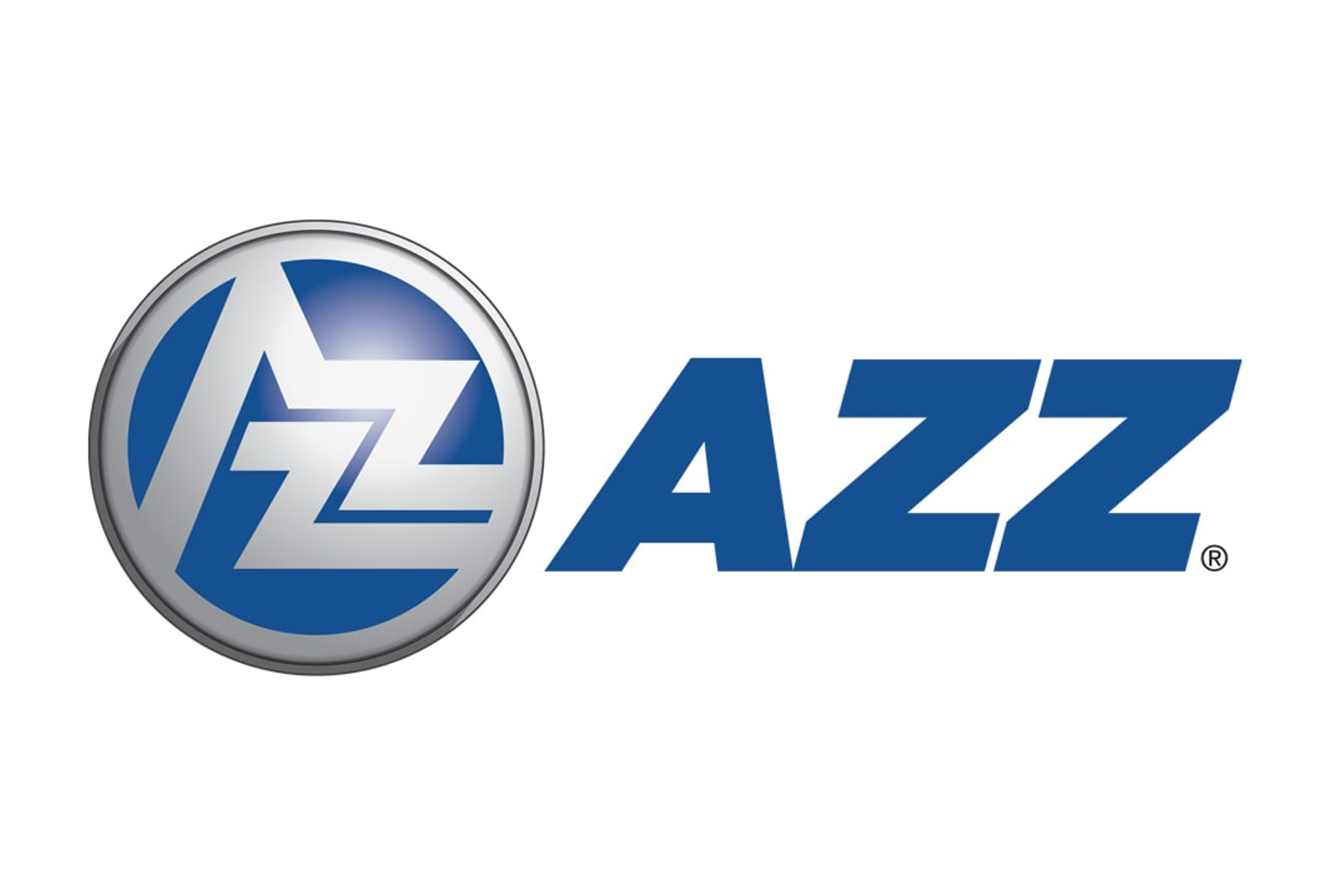Distributors/Service Centers
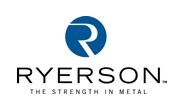
March 14, 2017
Ryerson Sees Opportunity for Steel Prices to Go Higher Over Next One to Two Quarters
Written by Sandy Williams
Ryerson Holdings saw a challenging year in 2016 with demand contracting but pricing improving. CEO Edward Lehner noted, “Carbon steel prices recovered from decade lows at the end of 2015, peaked in June of 2016, and deflated again in October of 2016 before starting in upward trajectory that has continued into the first quarter of 2017. Through 2016, we also saw double-digit underlying commodity price improvements in nickel and aluminum which continued into early 2017, until very recently seen some retracement.”
Lehner says Ryerson has “budding but contained optimism regarding the present state of demand within the metals service center landscape.”
When asked during the company earnings call about demand and current buying patterns, Lehner said “everything in 2017 at this point is better than it was in 2016.”
“And when we break that into its components, clearly the pricing side of the equation is better. The demand side, oil and gas showed some nice signs of life towards the very end of the fourth quarter and into the first quarter and the other end markets have been incrementally better. I wouldn’t say they’re spectacular. So, demand is trailing the price side of the ledger,” said Lehner.
He added that Ryerson is still waiting to see ”if the sentiment really converts to a sustained level of higher orders and higher demand as we move through the first half of the year.” Looking forward , said Lehner, the coming quarters look good.
When asked to explain Ryerson’s success at increasing inventory turns, Lehner responded with a discussion on mapping supply chains.
“And what do we mean by that, in mapping supply chains? We buy from mills. So, we obviously buy the plate from our mill partners. We buy plate, in some cases, not very often, but in some cases we buy some plate offshore. But there’s also a plate you can buy within the channel. And what I mean by within the channel is you’ve got depots, you’ve got master distributors. You have other places where you can get plate to supplement your mill buys.
Lehner says the challenge is to get “faster and faster when it comes to locating material in the channel that you need.”
“This idea that there’s a lot of metal in the channel whether it’s carbon plate, whether it’s stainless, aluminum or at various shapes, it’s really being able to very quickly get a line of sight and to procure material that’s available in the channel because you’ve got really highly developed supply chain maps that tell you where to go to get it, and then you can act on it. And that’s a key to managing inventory in this industry is knowing where to go get it when everything doesn’t go exactly according to plan.”
One of the analysts on the call asked if the carbon price volatility seen over the past few years will lead to shorter contract duration in the future.
Lehner said he thinks people have been burned by a deflationary environment and inventory devaluation and that there has been a change in behavior causing people to buy on shorter cycles and seeking financial hedges.
“So on balance, the answer to your questions is yes,” he said. “We’re seeing shorter cycles, we’re seeing more short-term rollovers of customers, I’d say incumbent type procurement relationships. But that’ll change if the environment changes and we get good supply side support over a longer duration as opposed to seeing it come apart after three months, four months, five months. But if we get better durations around supply side stabilization, better price supports in the market for longer, I think you’ll see a reversion to the mean in terms of how people look at their procurement cycles.
On pricing, Lehner said, “If I had to make a call, I would say folks are going to be replacing, they’re going to be buying to their backlogs and replacing, but they’re going to be replacing higher. And if there is a bias to not replacing right now because they think prices could inflect lower as they have over the last several years, then it will have the opposite effect, it will actually move prices higher. “
“I actually think there’s an opportunity for prices to go higher over the next one to two quarters. Because the longer people wait to replace, the more tension that it will put on pricing over the next one or two quarter.”
Ryerson Q4 and FY 2016 results
Ryerson Holdings, a distributor and processor of industrial metals, reported revenues of $2.9 billion in 2016, a decrease of 9.7 percent year-over-year due to lower average selling price per ton. Net income was $18.7 million, up from a loss of 0.5 million in 2015. Ryerson market share increased 0.3 percent for the year.
The company reported a net loss for fourth quarter of 8.6 million compared to a loss of $20.5 million in Q4 2015.
Q4 2016 net sales for carbon steel products fell 6.7 percent from the previous quarter to $346 million as shipments dropped 8 percent to 332,000 tons. Average selling price per ton for carbon steel increased 1.4 percent from Q3 and 3.3 percent year-over-year. Quarter sales were unchanged from Q4 2015 levels.




